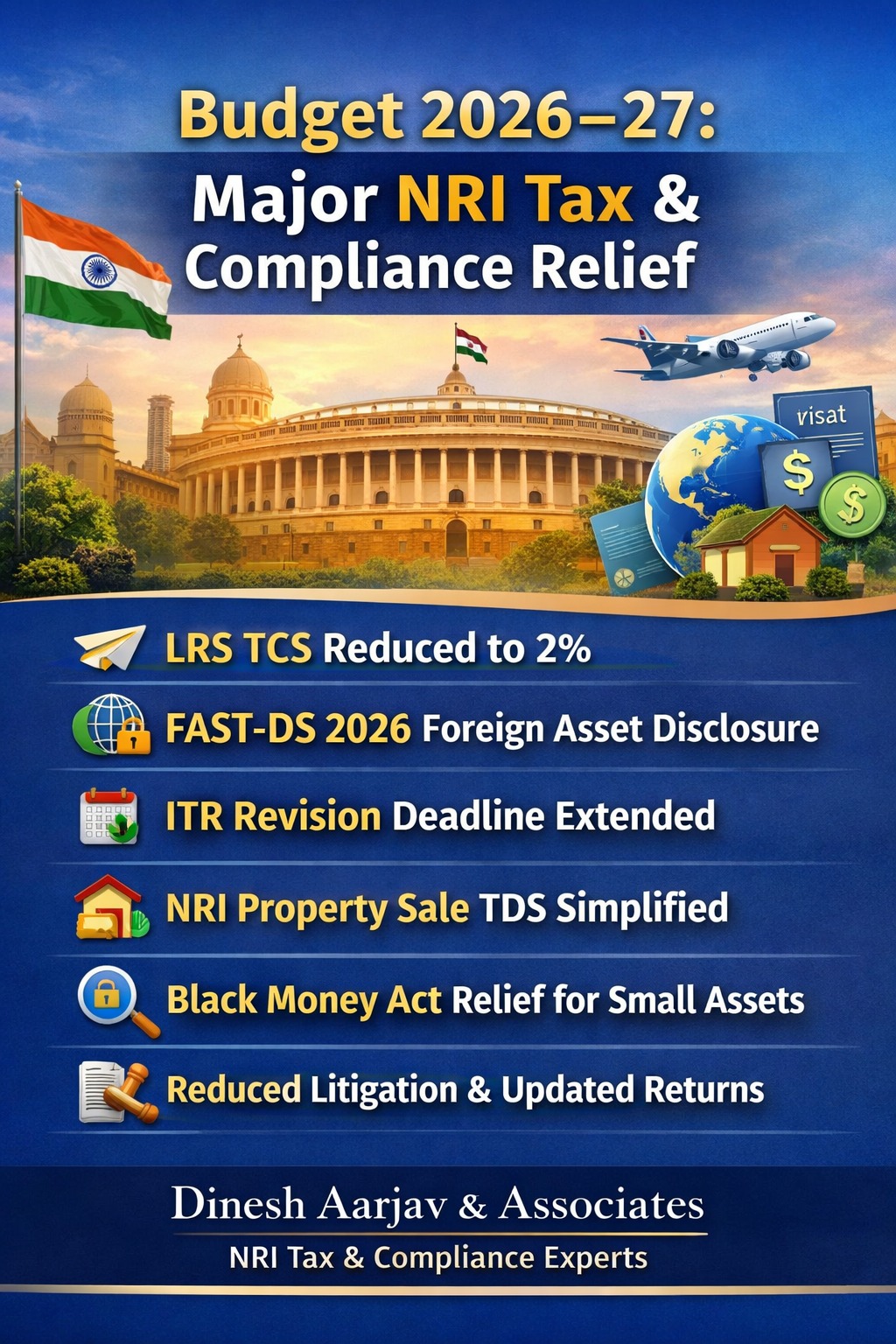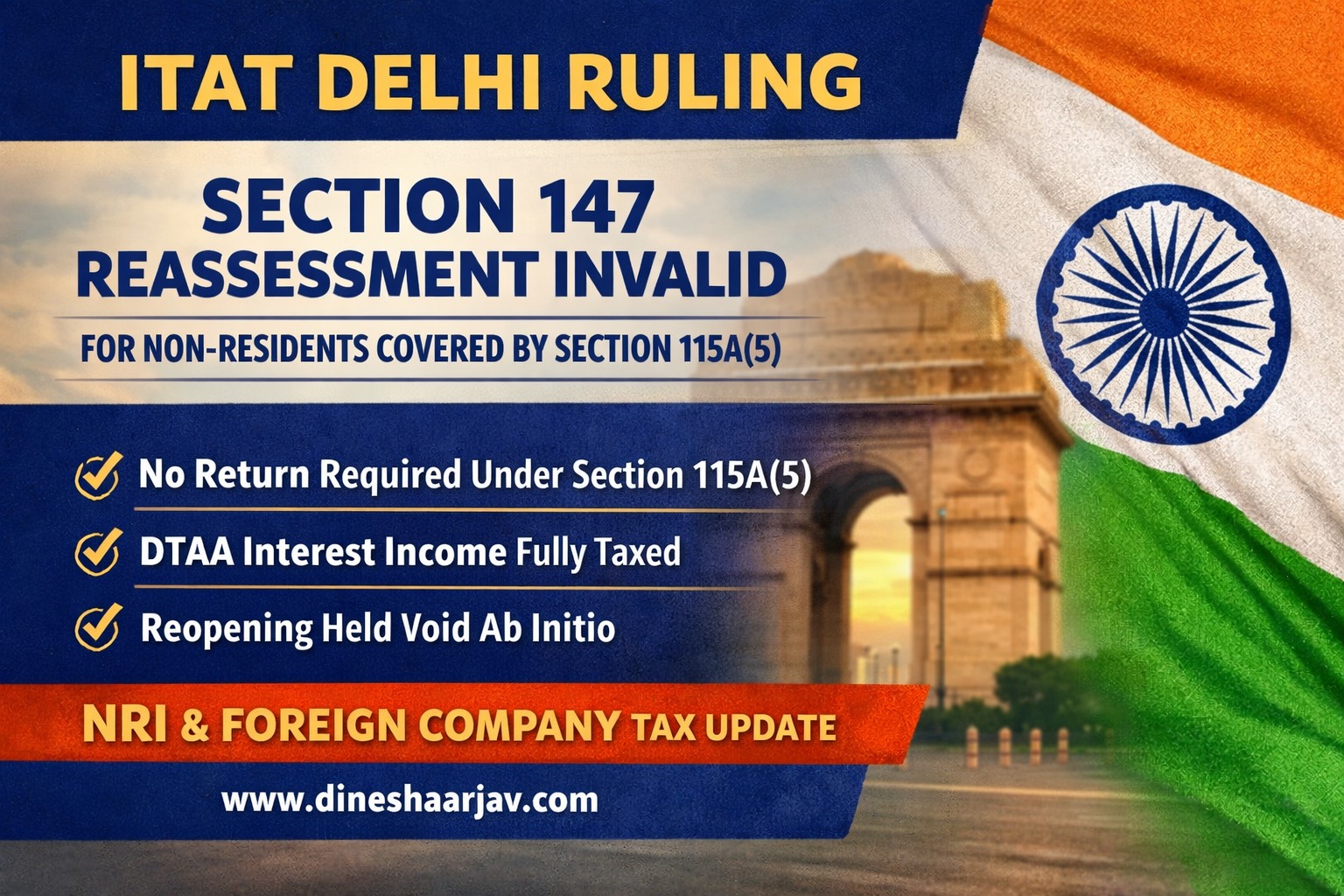 WhatsApp
WhatsApp
 Call Us
Call Us
 Email Us
Email Us
 Whatsapp Community
Whatsapp Community

"I have moved back to India, but I still have funds in my 401(k) account in the US. What should I do?"
If you’ve recently returned to India after working in the US, you might be grappling with the question of how to handle your 401(k) retirement account. This detailed guide outlines your options and the tax implications of 401(k) in India, helping you make an informed decision.
Disclaimer: This article provides a general overview of managing a 401(k) after returning to India. For personalized advice, consult a qualified financial or tax advisor.
A 401(k) is a US employer-sponsored retirement savings plan that allows employees to contribute pre-tax income. Contributions lower your taxable income for the year, and employers often match these contributions up to a certain percentage. Funds in a 401(k) are locked until the age of 59½, with early withdrawals incurring a 10% penalty along with applicable taxes.
1. Leave the 401(k) Plan As Is
You can choose to leave your 401(k) account untouched until you reach the age of 59½. At that point, you can withdraw the funds, which will be subject to US taxes.
Considerations:
2. Rollover to a Traditional IRA
A Traditional IRA offers greater investment flexibility compared to a 401(k). Rolling over funds from a 401(k) to a Traditional IRA has no immediate tax implications.
Considerations:
3. Rollover to a Roth IRA
Roth IRAs are funded with post-tax dollars, meaning withdrawals (up to the amount contributed) are tax-free. This option is ideal if you expect to be in a higher tax bracket later in life.
Considerations:
Lump Sum Withdrawal
If you decide to withdraw your 401(k) funds as a lump sum, here’s what you need to know:
This leads to potential double taxation, but relief is available under the India-US Double Taxation Avoidance Agreement (DTAA).
Monthly Pension Withdrawal
If you opt for monthly withdrawals:
Key Considerations Before Making a Decision
Managing your 401(k) after returning to India requires careful consideration of tax implications and financial goals. Consulting with an independent financial advisor is crucial to navigate the complexities and maximize your returns.
How Dinesh Aarjav & Associates Can Help
At Dinesh Aarjav & Associates, we specialize in providing end-to-end consultancy for NRI returning to India. From navigating the DTAA to managing your 401(k) and other financial assets, we ensure a smooth transition. Reach out to us today for tailored solutions to meet your unique financial needs.







Stay in the loop, subscribe to our newsletter and unlock a world of exclusive updates, insights, and offers delivered straight to your inbox.